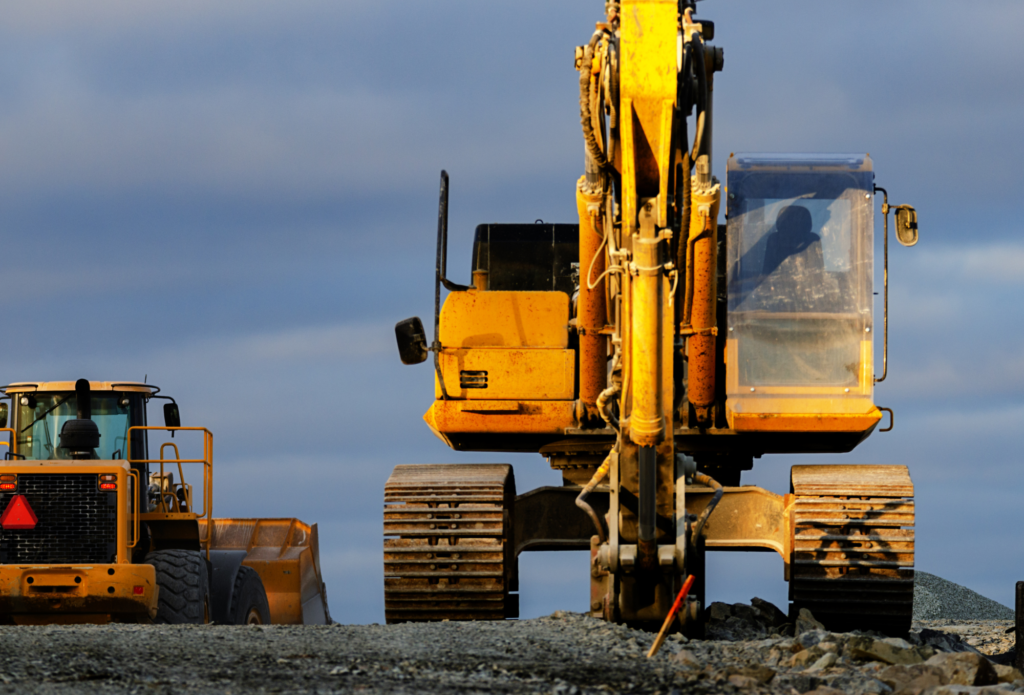
Did you know that 84% of businesses that fail do so because of problems with cash flow? It’s essential to plan for the future of a business, including any cash flow problems that might occur.
One way to combat the issue of cash flow, especially for startups and small businesses, is to consider financing options. When you avoid spending all your money in one place, you’ll reap cash flow benefits down the line.
Equipment is one of the top financing options for businesses, but how does business equipment financing work? Keep reading to find out.
How Does Equipment Financing Work?
Business equipment financing refers to a loan used to purchase equipment for a company. Taking out an equipment loan requires you to make periodic payments that include principal and interest.
A lender might require a lien on the equipment as collateral against your debt which is similar to how an auto loan works. After the equipment is paid in full, you own it free of the lien.
A lender might also impose a lien on some of the other business assets you have or require a personal guarantee. If you don’t repay the loan, the lender can repossess your business or personal assets that you put up for collateral.
To understand the specific risk for your loan, review the terms carefully.
Equipment Financing Rates and Terms
Equipment financing companies will have their rates and terms, but these conditions also depend on your qualifications and the market conditions.
Fixed interest rates might be anywhere between 2.00% and 20.00%. Repayment terms can be as short as one year or as long as 25 years.
Gaining funds for the financing can take as little as two business days. Some requirements for equipment financing are a minimum credit score amount and operating history.
Operating history doesn’t often come into play unless the equipment you are financing is a safety hazard or heavy machinery.
Equipment Loan Qualifications
The requirements for business equipment financing vary by lender. However, there are general qualifications that lenders will check when making a credit decision.
Your business and personal credit scores will be taken into account when trying to obtain an equipment loan. Find your credit scores online if you are uncertain about them. The higher the score, the better your loan terms will be.
A lender might also require a business to have a plan describing future growth. This is especially true if you apply for a loan with a longer repayment term.
Prospective lenders are interested in a business summary. Some lenders also look for threshold requirements such as a minimum of years in business and a certain amount of annual revenue.
A lender will want to know your cash flow situation beyond a profit and loss statement. You might need to include personal documents like bank statements or past tax returns if you put up a personal guarantee for the loan.
Equipment Financing vs. Equipment Leasing
Business equipment leasing is different from equipment financing. An equipment lease is when you pay the equipment owner periodically to use the equipment over an agreed-upon time frame.
Once the leasing term is over, the equipment is returned to the owner. However, you can renew the lease terms or agree on a buyout if your lender offers it.
Leasing qualifications are often less strict than financing, but it comes with some cons. Endless payments on leased equipment without the possibility of future ownership might be more costly down the line.
Benefits of Equipment Financing
Business finance comes in many different forms, but financing equipment has many benefits of its own. Here are some of the top pros of business equipment financing:
- Builds business credit
- Affordable option
- Provides you with the equipment you need
- Business growth overall
If you can’t make the payments, you risk damaging your business credit or potentially going out of business trying to keep up with finances.
If you are considering equipment financing or equipment leasing, make sure you have the necessary funds. Creating a budget to keep up with all payments is key to success.
Where to Get an Equipment Loan
When you lease equipment, you’ll have to find a lender that has the equipment readily available. In contrast, you can find a loan through bank lenders or specialized online lenders when you finance equipment.
A traditional bank lender usually has stricter requirements to obtain a loan but provides better terms and rates. If you have a strong cash flow and a variety of assets, this might be the best option for your business.
Online specialized lenders tend to be more flexible with their requirements. You’ll have more luck obtaining a loan through an online lender, but the rates and terms won’t be as great.
Startup businesses or those that don’t meet the minimum asset and credit requirements are better suited to find an online lender. Take a look at where you are in your business journey before deciding which option is right for you.
Obtaining an equipment loan is not the only way to get financing. The following are additional ways to pay for business equipment:
- Business credit card
- Invoice factoring
- Merchant cash advance
- Angel investing
Each form of financing has its pros, cons, and qualification requirements.
Do You Qualify for Business Equipment Financing?
Assessing your situation is the first step in deciding if business equipment financing is right for you. With all of the facts listed in this guide, you have what you need to make a knowledgeable decision.
Determining whether or not you qualify for this type of financing depends on several factors. If you want an expert to assess your current situation, Hasanov Capital can help.
Contact us today to learn if your business qualifies for an equipment loan.



